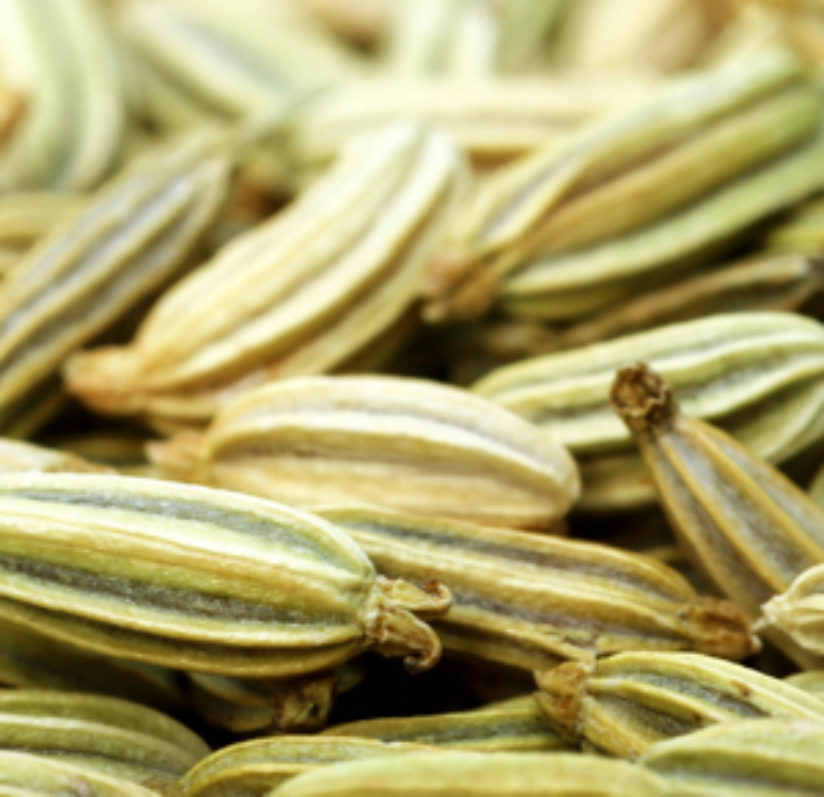At Kosa, we offer a range of opportunities for clients to address their health, based on their desire to engage with Ayurvedic services.
wisdom
ayurveda 101
When in tune with your own sense of well-being, one can sense the times when we are out of balance, and how that affects our relationships, our self-image, and general contentment with life. Most of us live in a constant state of imbalance due to stress, media, work, and other factors, preventing us from living to the fullest.
Ayurveda, an Indian art of medicine dating back over 5,000 years, translates to the “science of life” or “the art of longevity.” It is founded on the principle that all of the five elements of nature are a part of us, and that if we keep these elements in balance, we can lead lives filled with energy, contentment, and connection to others.
This science focuses on prevention, treating us as unique individuals who require specific and proactive treatments to maintain a healthy balance of mind, body, and spirit. There are 6 stages of disease in Ayurveda, and daily self-care practices address early stages. In contrast, Western medicine interventions begin around stage 4 when pathology begins to set in.
Self-care practices are primary methods of disease prevention, that address early stages of disease, primarily sleep and digestion. One tunes into their imbalances, and uses simple adjustments to create balance in the mind and body. These daily practices include drinking herbal teas, breath work, yoga, selecting and avoiding specific foods, and regulating sleep and circadian rhythms. Read more about Ayurvedic daily practices here. These small shifts, over time, can be transformative.
The practice of Ayurveda involves customizing treatment to an
individual’s unique constitution, true nature, or prakriti. The types of
constitutions, called doshas, are derived from the five elements of
nature, and fall into one of three categories: Vata (wind and air),
Pitta (fire), and Kapha (earth and water).
Ayurveda's laws say that opposites balance, and like increases like. For example, Pitta imbalance (highest in summer), can result in diarrhea, skin irritations, odorous sweating, fever, inflammation, and a hypercritical or intense mental outlook. During this time, we want to incorporate balancing practices that cool and calm us. Avoiding caffeine, strenuous activity, and stressful environments, while incorporating cooling foods (e.g. cucumber and mint), calming meditations, and peaceful work, will all keep balance during these months.
Vata imbalances (exacerbated in Winter) include bloating, anxiety, insomnia, dry skin and hair. This is treated with grounding, warming, and nourishing foods and herbs. Kapha imbalances include depression, constipation, clogged skin, excessive attachment. This is treated with foods and herbs that energize, lighten, uplift, and warm. See Kosa's products for skin, hair, and body that balance these doshas with herbal formulations.
We digest everything in our lives, from food to the environment. As these factors change, our doshas fluctuate, resulting in disrupted well-being. By identifying and addressing your specific prakriti and current dosha, counselors use food as medicine, bodywork, and other lifestyle adaptations, to achieve balance for long-term, sustainable wellness.
Ultimately, the wisdom of Ayurveda lives inside of you. If you go inward, develop awareness of the imbalances in your body and mind, and integrate simple shifts in your self-care practice, the results can be transformative. As with any practice, ongoing dedication and consistency lead to better outcomes.

One can visit for one-time bodywork treatments and rituals, connect with oneself on a day retreat to enjoy the space, food, hydrotherapy, or engage in a more long-term wellness balancing plan. KOSA's wellness balancing plans involve initial consults with our Ayurvedic counselors and custom treatment plans ranging from quarterly to monthly visits addressing all aspects of Ayurvedic wellness.

By identifying and addressing your specific dosha using food as medicine, bodywork, and other lifestyle adaptations, balance can be achieved for long-term, sustainable wellness.

